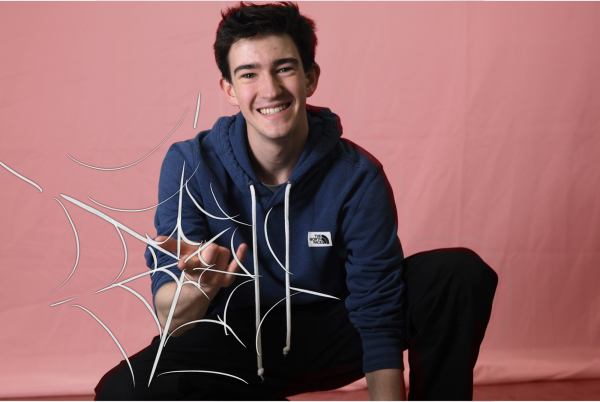The Truth About Sleep
CNN.com
So, big project due tomorrow? Or is it that annoying AP test that’s keeping you up? As high school students, we think sleep is the least of our problems.
However, research by the National Sleep Foundation shows that the amount of sleep we need is based on age. Once our teenage years hit, bedtimes and waking times get later. As we get older, the trend reverses. That being said, it doesn’t help that school starts at 8:30 a.m., not to mention those who have a zero hour.
Typically, seven to eight hours of sleep a night will keep your mind and body going for the full school day and beyond. But wait! With the amount of homework we get, it is nearly impossible to have a set bedtime every night.
If you pace yourself on big projects or tests to study for, you won’t need that huge cram sesh until 3 a.m. the night before. We’ve all heard procrastinating isn’t the way to go, but most of us just dismiss that thought. But the truth is, a person can only go for so long before they shut down. Processing information a little at a time is much more effective than cramming, and your brain will thank you for the few extra hours of sleep you’ll be getting.
It’s no secret that when Friday night rolls around, all most of us can think about is sleeping in on Saturday morning. When allowed to sleep as much as we would like, teenagers average nine to ten hours a night. Since that’s not possible during the school week, we jump on the opportunity during the weekends. However, on Sunday night, oftentimes you suddenly can’t fall asleep because you’ve slept in till noon that morning. Come Monday morning, you’re running on four or five hours of sleep.
It may seem impossible, but try to not venture too far from your normal routine on weekends. Do enjoy more sleep than you usually get, but don’t go from five hours to twelve the next night. It will make Monday mornings that much easier to tolerate.

Contrary to popular belief, Megan Hussey was not adopted from Ireland. Megan considers herself a healthy eater. Her diet consists of bagels, pizza, and...









